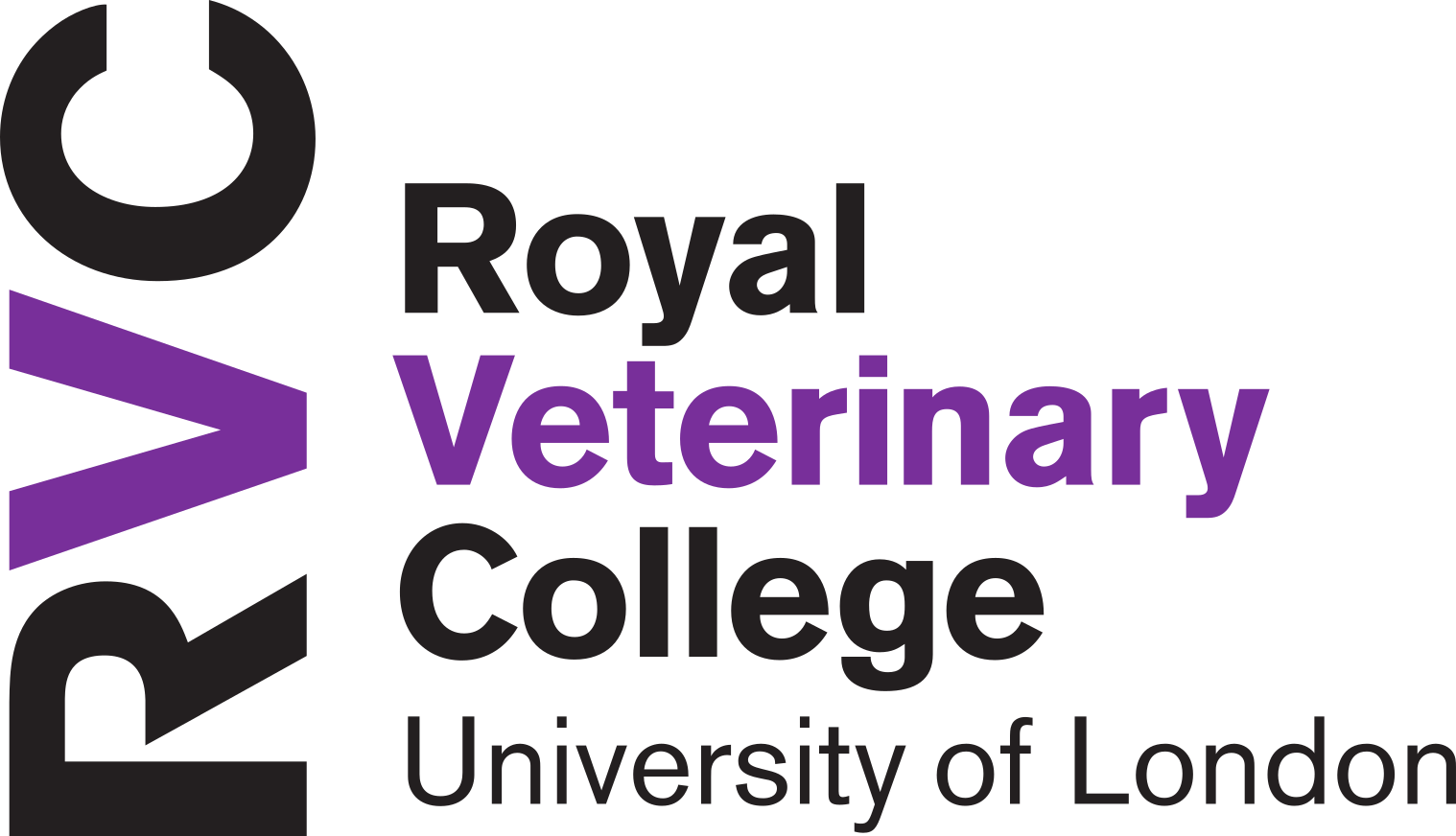Decision making in BOAS surgery: What can you do to really make a difference to animal welfare?
Brachycephalic Obstructive Airway Syndrome (BOAS) is a significant health issue affecting brachycephalic breeds. Characterised by anatomical abnormalities, BOAS results in severe respiratory distress, impacting the quality of life for these dogs. BOAS is primarily caused by unique craniofacial features that lead to compressed upper airways. These structural issues result in obstructed airflow, causing signs such as laboured breathing, snoring, and life-threatening respiratory distress. Surgery is critical for alleviating the signs of BOAS and improving the respiratory function of affected dogs. Selecting appropriate surgical candidates involves evaluating the severity of the condition and the overall health of the patient. Successful surgical outcomes begin with thorough preoperative assessment and preparation. Comprehensive diagnostic evaluations and preoperative preparation are essential to identify the specific anatomical issues and any underlying health concerns, thereby minimising perioperative risks. Postoperative care is equally vital in managing BOAS. The goals of postoperative management are to ensure a smooth recovery, manage pain, reduce inflammation, and prevent respiratory complications. Environmental modifications, such as keeping the patient in a calm, cool environment, and educating pet owners on proper postoperative care, are also critical components of the recovery process. BOAS presents a complex challenge, requiring a multifaceted approach to management. Understanding the anatomical basis of the syndrome, and implementing thorough preoperative and postoperative care protocols, can enhance the quality of life for affected animals.





)
)
)
)
)
)
)
)
)
)
)
)
)